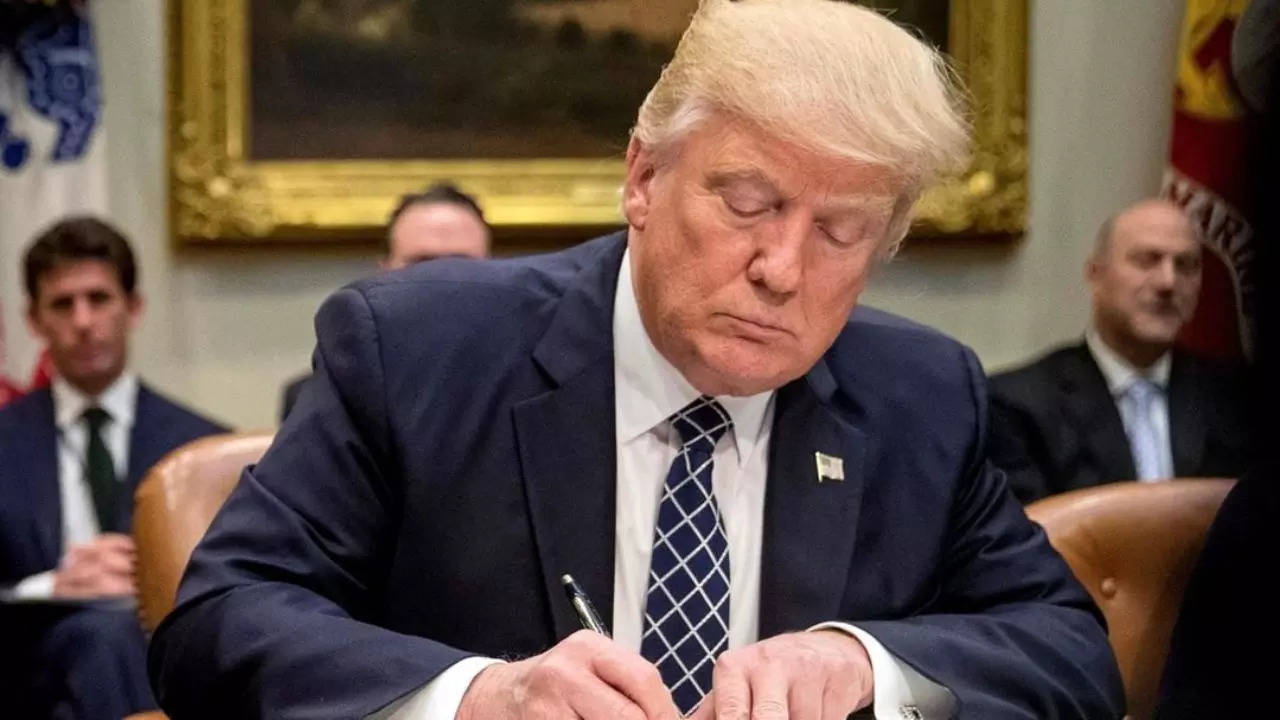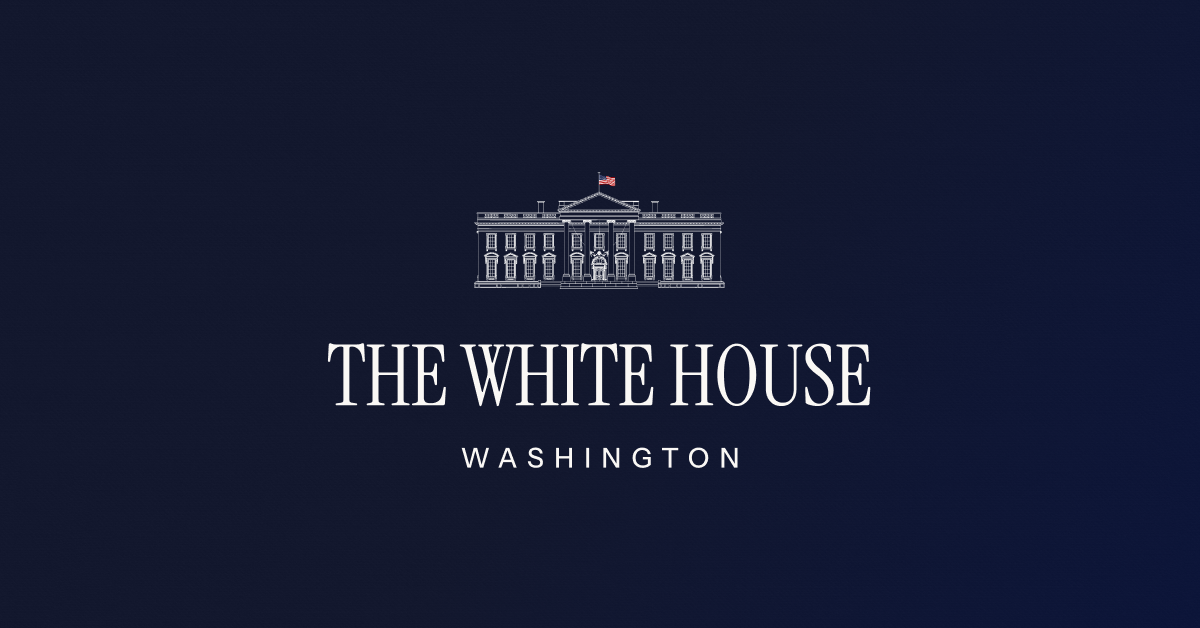Downing Street will change the laws to ensure that lone killers with “extreme individualised violence” are charged with terrorism, Keir Starmer has said, defending his decision not to disclose the Southport killer’s violent history.
The prime minister said there would be a public inquiry into the state failure that allowed Axel Rudakubana to murder three young girls in one of the worst attacks on children in recent UK history.
But he said ministers would act faster to change the law so that perpetrators such as Rudakubana, a violence and genocide obsessive who attempted to produce deadly ricin, could be charged with terror offences despite having no coherent ideology. He also promised a review of the government’s approach to terrorism in order to combat this new threat.
The government and police had faced claims from online activists and some opposition politicians for insisting at the time that the dance class murders were not terror-related.
Rudakubana was referred to the anti-radicalisation Prevent programme three times before the killings, the Guardian revealed on Monday, but was not deemed dangerous enough for the anti-radicalisation scheme.
Starmer said at a press conference in No 10 that he believed the nature of terrorism had changed and the law was not up to speed with a “new threat”.
He said he was concerned about the erratic nature of mass murders seen across the world, including in the US. “It’s not what we would have usually thought of as terrorism when definitions were drawn up, when guidelines were put in place, when the framework was put in place.
“I think most people would say, looking at the facts of this case, it’s clearly extreme violence, it’s clearly intended to terrorise and I completely accept and understand that, and that is my view.”
Rudakubana cannot be given a whole-life term when he is sentenced on Thursday because he was 17 at the time of the attack that killed Bebe King, six, Alice da Silva Aguiar, nine, and Elsie Dot Stancombe, seven – though he will have automatic life sentences.
The prime minister said he would change the law before the conclusion of the public inquiry. He said that alongside more organised terror acts, “we also see acts of extreme violence perpetrated by loners, misfits, young men in their bedroom, accessing all manner of material online, desperate for notoriety, sometimes inspired by traditional terrorist groups, but fixated on that extreme violence, seemingly for its own sake.
“When I look through the details of this case, the extreme nature of the violence, the meticulous plan to attack young children in a place of joy and safety – violence clearly intended to terrorise – then I understand why people wonder what the word terrorism means,” he said.
“And so if the law needs to change to recognise this new and dangerous threat, then we will change it and quickly, and we will also review our entire counter-extremist system to make sure we have what we need to defeat it.”
Speaking later, Starmer’s spokesperson said that as well as the public inquiry, there would be work on “updating and reviewing the [legal] framework in relation to terrorism”, with more details expected to be unveiled in the Commons later by Yvette Cooper, the home secretary.
Alongside this process would be a series of reviews to Prevent, including one led by the senior lawyer David Anderson, who has been named as the independent commissioner for the programme, the spokesperson said. Already begun are existing reviews and pilot schemes concerning Prevent’s operation, including the way people referred to it are transferred to other services.
Starmer defended the decision not to disclose that Rudakubana had been known to authorities and for the delay in allowing the reporting that he had produced ricin and downloaded an al-Qaida training manual.
“If this trial had collapsed because I or anyone else had revealed crucial details while the police were investigating … then the vile individual who committed these crimes would have walked away a free man. The prospect of justice, destroyed for the victims and their families,” he said.
The prime minister said he had been given the information himself but was bound by the law. “Just like you as a journalist, I had to observe the law of the land. It was not my personal decision to withhold this information, any more than it was a journalist’s personal decision not to print or write about it,” he said.
In his opening remarks, Starmer said the tragedy of the murders of the three girls must be “a line in the sand for Britain”.
“We must make sure the names of those three young girls are not associated with the vile perpetrator, but instead with a fundamental change in how Britain protects its citizens and its children,” he said.
“In pursuit of that, we must, of course, ask and answer difficult questions, questions that should be far-reaching, unburdened by cultural or institutional sensitivities and driven only by the pursuit of justice.”
Starmer said the failure of the state “leaps off the page” and said the judgment that Rudakubana was not dangerous was “clearly wrong and which failed those families, and I acknowledge that here today”.
He said the inquiry should also look at bigger questions on the easy accessibility of extreme violence online. “You can’t tell me that the material this individual viewed before committing these murders should be accessible on mainstream social media platforms, but with just a few clicks, people can watch video after horrific video – videos that, in some cases, are never taken down,” he said. “That cannot be right.”
Starmer’s spokesperson said that while the focus would be on implementing the Online Safety Act, “nothing is off the table” in terms of possible future measures.
















